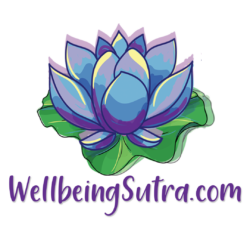Overcoming cravings can be a challenging but important task, especially if you’re trying to make healthier choices or break a habit. Whether you’re dealing with food cravings, cravings for substances like cigarettes or alcohol, or other types of cravings, here are some strategies that can help:
- Identify Triggers: Pay attention to what triggers your cravings. Is it stress, boredom, social situations, or something else? Understanding your triggers can help you address the underlying causes.
- Substitute with Healthier Options: Find healthier alternatives to satisfy your cravings. For example, if you’re craving sweets, opt for fruit or a small piece of dark chocolate instead of candy.
- Stay Hydrated: Sometimes, thirst can be mistaken for hunger or cravings. Drink plenty of water throughout the day to stay hydrated, which can help reduce cravings.
- Eat Balanced Meals: Ensure your regular meals are balanced and include a combination of protein, healthy fats, fiber, and carbohydrates. This can help stabilize your blood sugar levels and reduce cravings.
- Plan and Prepare: Plan your meals and snacks in advance to avoid impulsive choices. Having healthy options readily available can make it easier to resist cravings.
- Practice Mindful Eating: Slow down when you eat and pay attention to the taste, texture, and satisfaction of your food. This can help you enjoy your meals more and reduce cravings.
- Manage Stress: Find healthy ways to manage stress, such as meditation, deep breathing exercises, yoga, or engaging in a hobby you enjoy. Stress can often trigger cravings.
- Get Enough Sleep: Lack of sleep can disrupt hormones that regulate appetite and cravings. Aim for 7-9 hours of quality sleep per night.
- Exercise Regularly: Engaging in physical activity can help reduce cravings and improve your overall well-being. It can also distract you from cravings and boost your mood.
- Seek Support: Share your goals with friends or family members who can provide encouragement and hold you accountable. Consider joining a support group or seeking professional help if your cravings are related to addiction.
- Use Distraction Techniques: When a craving hits, distract yourself with a different activity or hobby. Sometimes, cravings pass if you can shift your focus away from them.
- Practice Self-Compassion: Be kind to yourself if you slip up. It’s normal to have occasional cravings and setbacks. Instead of feeling guilty, use them as opportunities to learn and grow.
- Professional Help: If you’re struggling with cravings related to addiction, consider seeking the guidance of a therapist, counselor, or medical professional. They can provide specialized support and treatment options.
Remember that overcoming cravings is a process, and it may take time and persistence. Finding what works best for you and tailoring these strategies to your specific situation can be key to your success.















